The use of video within social media (such as YouTube, Facebook, and Twitter) is providing researchers with novel ways of disseminating the findings of research. This is inspiring researchers to think outside of traditional academic approaches, and enabling research to extend to new and wide-ranging audiences. This paper focuses on the Living Well with Dementia project, which was designed to utilise video to raise awareness and challenge gaps in perceptions and understanding of dementia. The project involved filming and disseminating a video featuring people with dementia and carers talking about what it means to live well with dementia. Obtaining the views of people with dementia and carers was considered crucial in terms of portraying the real-life experiences of living with dementia, and enabling these often marginalised voices to be heard. Participants were asked ‘what is your experience of living with dementia?’ and in their responses drew upon diagnosis, treatment, lifestyle, social activities and family relationships. The finished video was disseminated through YouTube. After viewing the video, members of the public were invited to complete a short survey to establish whether watching the video challenged their understanding of dementia. This paper showcases the Living Well with Dementia video, as well as exploring the ethical and practical challenges of capturing the experiences of people with dementia on video. Preliminary results from the survey are also presented, in order to explore the role of video within social media as a method to raise awareness and challenge gaps in perceptions and understanding of dementia.
Facilitated by: Dr Michelle Heward & Dr James Palfreman-Kay
Wednesday 10th December 2014 10:00-11:00
Student Hall, Talbot House, Talbot Campus
To book your place, please e-mail Organisational Development od@bournemouth.ac.uk


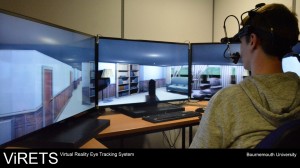

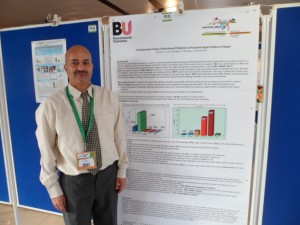
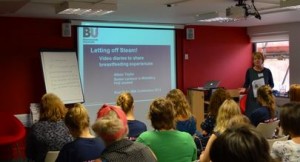

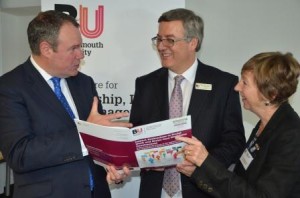

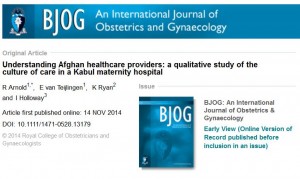











 From Sustainable Research to Sustainable Research Lives: Reflections from the SPROUT Network Event
From Sustainable Research to Sustainable Research Lives: Reflections from the SPROUT Network Event REF Code of Practice consultation is open!
REF Code of Practice consultation is open! BU Leads AI-Driven Work Package in EU Horizon SUSHEAS Project
BU Leads AI-Driven Work Package in EU Horizon SUSHEAS Project ECR Funding Open Call: Research Culture & Community Grant – Apply now
ECR Funding Open Call: Research Culture & Community Grant – Apply now ECR Funding Open Call: Research Culture & Community Grant – Application Deadline Friday 12 December
ECR Funding Open Call: Research Culture & Community Grant – Application Deadline Friday 12 December MSCA Postdoctoral Fellowships 2025 Call
MSCA Postdoctoral Fellowships 2025 Call ERC Advanced Grant 2025 Webinar
ERC Advanced Grant 2025 Webinar Update on UKRO services
Update on UKRO services European research project exploring use of ‘virtual twins’ to better manage metabolic associated fatty liver disease
European research project exploring use of ‘virtual twins’ to better manage metabolic associated fatty liver disease